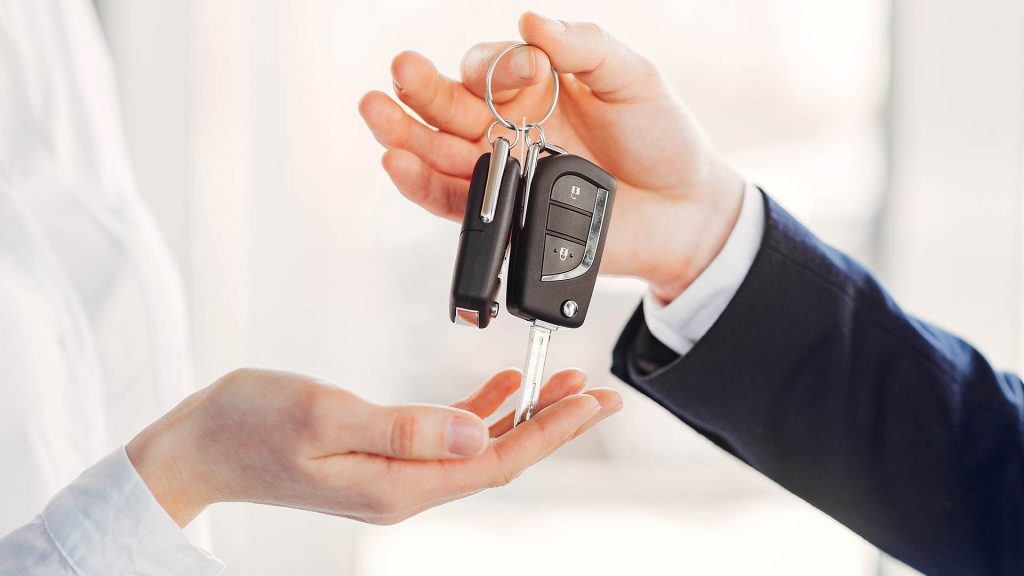Eco-Conscious Service Vans: Electric vs. Hybrid Options
Explore the benefits and differences between electric and hybrid eco-conscious service vans, helping your business stay green and efficient.
As businesses become increasingly aware of their environmental impact, the transition to eco-conscious service vehicles has become imperative. Among the most popular choices are electric and hybrid vans, each offering unique advantages. In this blog post, we will delve into the benefits of both options, compare their operational costs, analyze their environmental impact, and offer guidance for businesses considering a shift toward greener solutions. This comprehensive look will help you make an informed decision on which eco-conscious service van aligns best with your business goals.
The Rise of Eco-Conscious Vehicles
In recent years, the push for sustainability has led to a surge in the popularity of eco-conscious vehicles. Many businesses are recognizing the importance of reducing their carbon footprint to meet both regulatory requirements and customer expectations. The rise of electric and hybrid vehicles has provided viable alternatives to traditional gasoline-powered vans.- Electric Vehicles (EVs): These vehicles run entirely on electricity, using rechargeable batteries to power electric motors. They produce zero tailpipe emissions, making them an attractive choice for companies looking to decrease their environmental impact. – Hybrid Vehicles: Hybrids combine a traditional internal combustion engine with an electric motor. They utilize both gas and electricity to improve fuel efficiency and reduce emissions. Hybrids can be a practical option for businesses that require longer ranges without frequent charging.Understanding the key differences between these two types of eco-conscious service vans will help businesses evaluate their options more effectively.
Operational Costs: Comparing Electric and Hybrid Vans
When considering the operational costs of electric and hybrid vans, various factors come into play, including purchase price, fuel efficiency, maintenance, and potential government incentives.1. Purchase Price: – Electric vans typically have a higher initial purchase price due to advanced battery technology. However, as technology progresses, prices are gradually decreasing. – Hybrid vans often have lower upfront costs, making them more accessible for many businesses.2. Fuel Efficiency: – Electric vans have significantly lower fueling costs since electricity is generally cheaper than gasoline. Additionally, many electric vehicle owners benefit from reduced electricity rates during off-peak hours. – Hybrids use less fuel than traditional vans, but ongoing gasoline costs can still add up, especially with fluctuating fuel prices.3. Maintenance: – Electric vans have fewer moving parts, resulting in lower maintenance costs. They do not require oil changes, and brake wear is reduced due to regenerative braking systems. – Hybrids require more maintenance compared to electric vans, as they still have internal combustion engines that need regular servicing.4. Government Incentives: – Many governments offer tax credits and rebates for electric vehicle purchases, further reducing the total cost of ownership. – Hybrids may also qualify for certain incentives, albeit generally at a lower rate than fully electric vehicles.Overall, while electric vans may require a larger initial investment, the potential savings over time can make them a cost-effective choice for eco-conscious businesses.
Environmental Impact: A Closer Look
Evaluating the environmental impact of electric and hybrid service vans is essential for businesses committed to sustainability. Here are key points to consider:- Electric Vans: – Produce zero tailpipe emissions, directly contributing to cleaner air quality and reduced greenhouse gas emissions. – The overall environmental impact depends on the source of electricity used for charging. Renewable energy sources, such as solar or wind, further enhance their eco-friendliness.- Hybrid Vans: – While hybrids produce fewer emissions than traditional vehicles, they still rely on gasoline, which contributes to air pollution and greenhouse gas emissions. – Hybrids can be a transitional option for businesses looking to reduce their environmental impact while retaining traditional vehicle capabilities.In summary, electric vans offer the most substantial benefits in terms of environmental impact, but hybrids can still play a role in a company’s sustainable transportation strategy.
Choosing the Right Option for Your Business
When deciding between electric and hybrid service vans, businesses should consider several factors:1. Business Needs: – Assess the daily routes and distances. If your business operates within a limited range, electric vans may be the most viable solution. However, if you frequently travel long distances, hybrids might be more practical.2. Charging Infrastructure: – Evaluate the availability of charging stations in your area. If your business can charge vehicles overnight at your facility, the transition to electric vans can be seamless. – Consider potential charging solutions in your operational area, especially if you’re planning on expanding.3. Budget Constraints: – Analyze the total cost of ownership, including purchase price, fueling costs, maintenance, and potential incentives. Calculate how long it will take to recoup the initial investment through savings.4. Company Values: – Align your choice with your company’s values and brand image. If sustainability is a core value, leaning towards electric vehicles may resonate better with your customers and stakeholders.5. Future Trends: – Keep an eye on industry trends. As technology continues to evolve, the landscape of eco-conscious vehicles will change, with potential new offerings and improved performance.By thoughtfully considering these factors, businesses can choose the eco-conscious service van that best supports their operational needs and sustainability goals.
Implementing Eco-Conscious Practices in Your Fleet
Once you’ve decided on electric or hybrid vans, it’s essential to implement eco-conscious practices across your fleet. Here are some actionable steps:- Driver Training: Educate your drivers on eco-friendly driving practices, such as smooth acceleration, maintaining optimal speeds, and avoiding idling. These practices can significantly enhance fuel efficiency.- Route Optimization: Use route planning software to minimize travel distances and reduce fuel consumption. This not only saves money but also decreases emissions.- Regular Maintenance: Ensure that your vehicles are well-maintained to maximize efficiency. Schedule regular check-ups, tire rotations, and fluid checks to keep your fleet running smoothly.- Sustainable Partnerships: Collaborate with suppliers and service providers that share your commitment to sustainability. This may include sourcing eco-friendly products or services that align with your operational model.- Monitor Performance: Keep track of your fleet’s performance metrics, such as fuel consumption and emission levels. This data will help you identify areas for improvement and celebrate successes.By adopting these practices, companies can enhance the sustainability of their operations beyond simply choosing eco-conscious vehicles.
Conclusion
The decision between electric and hybrid eco-conscious service vans ultimately depends on your business’s unique needs, budget constraints, and sustainability goals. Electric vans offer the greatest environmental benefits and long-term savings, while hybrids provide a flexible option for businesses requiring longer ranges. As you consider the transition to greener vehicles, remember to evaluate your operational needs, charging infrastructure, and company values. Embracing eco-conscious practices not only helps reduce your carbon footprint but can also enhance your brand reputation and customer loyalty.If you’re ready to explore options for further enhancing your business, consider looking into
pool routes for sale. Superior Pool Routes provides cost-effective solutions, including extensive training and support, to help you grow your business sustainably. Visit our website to learn more about how we can assist you in your journey toward a greener future.



